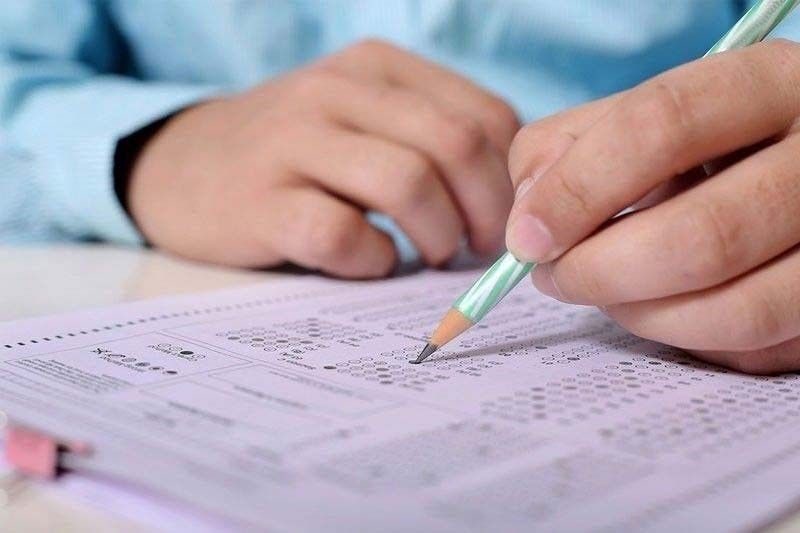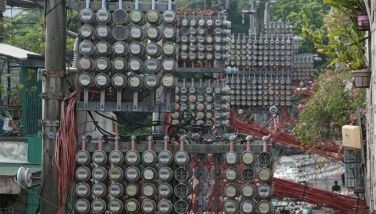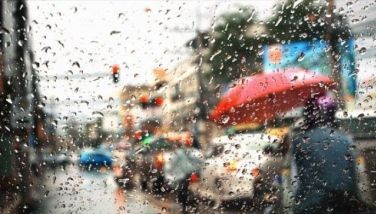Clamor swells vs ‘no permit, no exam’ policy ban

MANILA, Philippines — Private educational institutions slammed yesterday the proposal to ban the enforcement of the “no permit, no exam” policy.
The Coordinating Council of Private Educational Associations of the Philippines (COCOPEA) asked lawmakers to reconsider the passage of Senate Bill 1359 or the “No Permit, No Exam Prohibition Act,” claiming this is tantamount to a death sentence that will compromise their financial viability, force them to cut corners in their operations and cause systemic damage to the private education sector.
In separate statements, the COCOPEA’s member-organizations expressed their collective outrage and indignation and asked that lawmakers listen to them as well.
“The effects of the proposed policy will be both immediate and long-term,” the groups warned.
“It will cause systemic damage to the private education sector, violate the complementarity of the public and private education sectors and lead to less accessible quality education in the country,” they added.
Senate Bill 1359, which covers educational institutions from elementary to tertiary and short-term vocational courses, is awaiting reconciliation with its counterparts House Bill 7584 that covers basic private institutions and House Bill 6483 that covers higher education institutions both public and private.
Deliberations at the bicameral conference committee are likely to take place soon.
The effects of the proposed law will be destructive, according to the statements, which urged the deferment of the bicam sessions to allow for more consultations with all stakeholders.
Banning the policy would “disrupt fee collection, which jeopardizes operational sustainability, timely payment of salaries and wages of school personnel and school viability. It would also lead to the down-sizing of operations, trigger closures, lead to the unemployment of personnel and increase pressure on a strained public school system,” the statements said.
Department of Education Order 15 s. 2010 already provides the mechanism to help lighten the burden of students’ families, by allowing schools to offer installment plans and accept deferred payments.
This is already being implemented by private schools.
“The proposed bill discourages current practices of offering flexible payment options and leaves private schools with limited alternatives that may lead to conflicts between the private education sector and its stakeholders,” the groups’ statements said.
This was especially true during the pandemic.
The schools also pointed out that while the pandemic has given them serious blows with the drop in enrollment, they have stayed true to the commitment to deliver the best education to their students.
“Private schools have always adjusted in order to make private education accessible, especially during the pandemic. Private schools have been offering low downpayment and monthly payment schemes, extending payment deadlines and accepting promissory notes, giving discounts and expanding scholarship opportunities,” the schools said.
Finally, the schools said, the proposal violates the complementarity between the public and private education sectors.
“It increases the imbalance between public and private education sectors by further restricting the private education sector in their ability to determine their operations and finances, while the public sector enjoys increasing budgetary provisions under the Universal Access to Quality Education Act and other laws,” the schools said.
The COCOPEA alone has 3,622 educational and learning institutions among its member schools, colleges and universities, covering more than 1.7 million students in both the basic education and higher education levels across the country.
COCOPEA’s member-organizations include the Catholic Educational Association of the Philippines; Philippine Association of Colleges and Universities; Association of Christian Schools, Colleges and Universities; Philippine Association of Private Schools, College and Universities; Unified TVET of the Philippines Inc.; Association of Private School Administrators-Division of the City of San Fernando, Pampanga; the Davao Association of Private Schools and Administrators; the Federation of Associations of Private Schools and Administrators and the National Alliance of Private Schools Philippines.
- Latest
- Trending
































